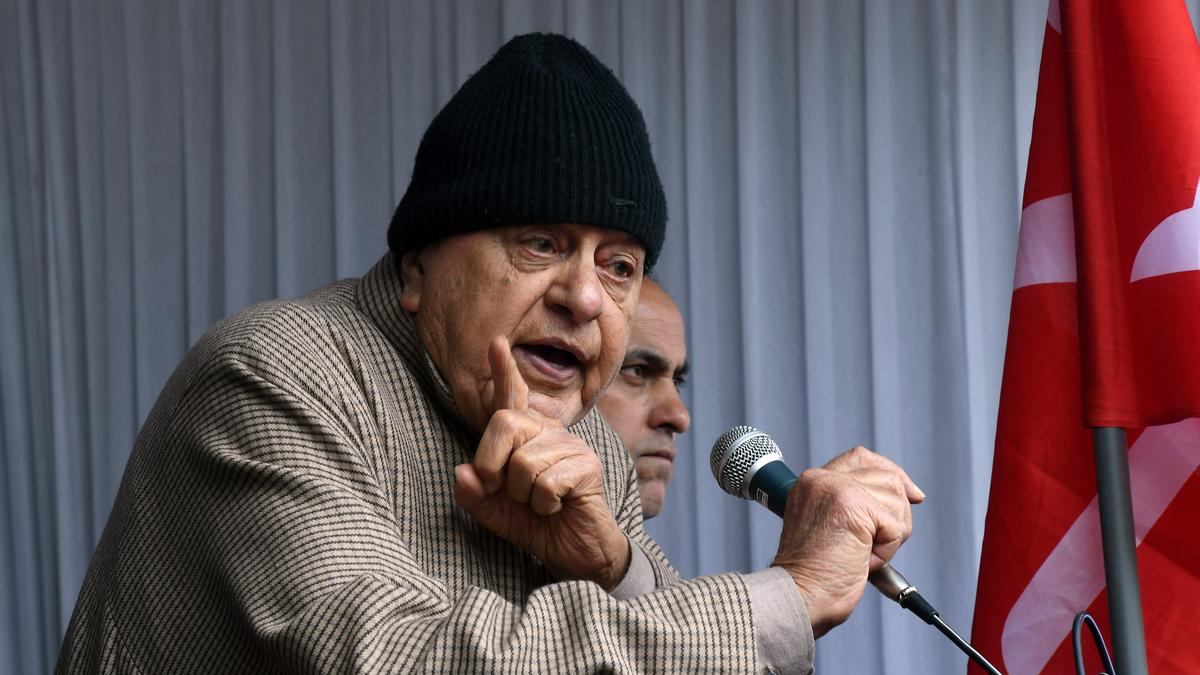Justice K. Surender of the Telangana High Court has set aside an order of an Anti-Corruption Bureau (ACB) special court judge awarding one-year rigorous imprisonment to five employees of Osmania University in a corruption case.
“The prosecution has failed to provide evidence to prove guilt of the accused,” Justice Surender observed in the verdict, extending benefit of doubt to the appellants (who were convicted by the ACB special court). The investigators presented files and registers, which formed the basis for connecting the accused with the crime.
“However, the prosecution utterly failed to prove that files and registers were maintained by the convicts,” the judgment said, noting that not a single bank witness was examined by the investigators to establish that at any point of time, self-cheques or the cheques of others were encashed in the bank by the convicts.
The prosecutors should have produced witnesses from the bank to prove that the cheques were withdrawn by the convicts. In the absence of such proof, the question of the convicts misappropriating funds in collusion with the prime accused would not arise, the verdict said.
The prosecution presented an officer who conducted a departmental inquiry into allegations of misappropriation as one of the witnesses. Unlike the departmental inquiry, the principle of proof should be beyond reasonable doubt, the judge said. The investigators had not cross-examined any of the witnesses examined by the enquiry officer, the judge added.

 1 week ago
219
1 week ago
219



